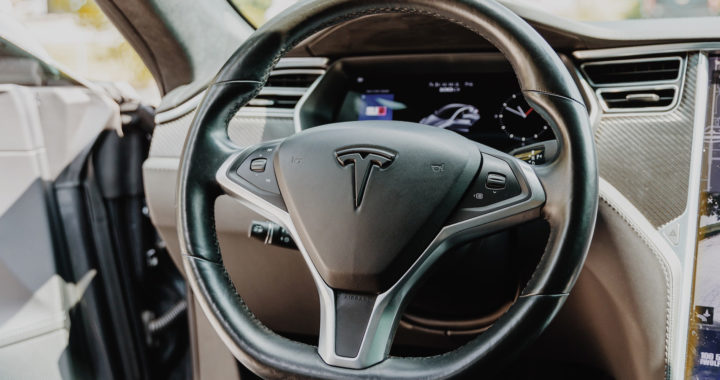Tesla is the most valuable automaker and one of the most valuable companies in the world. It is also a leader in the electric vehicle segment and has a successful clan energy business that develops and sells battery energy storage products and photovoltaic energy systems. However, despite this level of success, it is interesting to note that the company pursues non-traditional approaches in marketing, unlike other multinational and consumer-oriented companies.
Exploring the Marketing Strategy of Tesla Using the Marketing Mix Model
1. Product Strategy
Tesla does not consider itself as an automaker. It brands itself as a technology company and even a clean energy company that aims to accelerate the global transition to sustainable energy. This mission and vision are at the core of its product strategy.
Electric vehicles remain at the heart of the company but it also develops and produces energy storage products and develops and sells photovoltaic energy systems for commercial and household consumers. These three product categories adhere to the purpose of advancing further the popular and practical applications of sustainable energy.
Nevertheless, based on the general overview of the product strategy of Tesla, it is also important to underscore the fact that it intends to fulfill its stated mission and vision by catering to a range of market segments that include individual and business consumers.
2. Pricing Strategy
The company generally follows a premium pricing strategy. Its electric vehicles are priced more than other electric vehicles and combustion engine vehicles from other manufacturers. The same is true for its energy storage products like the Powerwall and PV systems.
It is important to note that Tesla cars are positioned as luxury products. Furthermore, as regards its batteries and solar cell panels, these products are expensive because the technologies involved are new and innovative. These products have strong differentiations and selling points from their alternative and substitute products from other competitors.
Tesla has used other pricing strategies. It has used a penetration pricing strategy for its Model 3 and Model Y vehicles to gain market share. The company also uses dynamic pricing or floating pricing to adjust prices and maximize profits based on demand and supply.
3. Placement Strategy
Another interesting fact about the marketing strategy of Tesla is its placement or distribution strategy which differs from other tech companies and automakers that use third-party distributors or wholesalers and retailers in their distribution channels.
For example, to distribute and sell its electric vehicles, the company does not have a network of dealerships. It owns and operates its own physical stores. These vehicles are also sold in its online store to cater to a wider geographic market. These same stores also distribute and sell its energy storage products and photovoltaic systems.
A direct sales approach to distribution enables Tesla to control the customer experience and build closer relationships with customers. These are critical elements of its specific distribution strategy and overall marketing and promotion strategies.
4. Promotion Strategy
It is also important to underscore the fact that the company does not use advertising in its promotion strategy unlike most consumer-oriented tech companies and automakers. It focuses on creating innovative products and generating buss about these products.
The company still employs other traditional and novel approaches to promotion. These include public relations via media relations and publicity, word-of-mouth marketing, events like test drives and trade or product launches, and social media marketing. It has also used celebrity endorsers like Kate Upton, Janelle Monáe, and Mark Ruffalo.
Elon Musk is an important element in the promotion strategy and marketing strategy of Tesla. His public persona and influence have helped create buzz, media mileage, and public attention for his companies and products without spending on advertising.
Understanding the Marketing Strategy of Tesla Using in a Nutshell
The marketing strategy of Tesla employs conventional and unconventional approaches and tactics that are incomparable to other multinational tech companies and automakers. The reason behind its overall marketing principle rests on its conscious efforts to remain true to its mission and vision and build further its sources of competitive advantage.
It focuses on innovation through research and development and customer relations through customer experience rather than allocating resources to expansive and expensive marketing activities. Remember that it has positioned itself as a tech company and a clean energy company dedicated to helping accelerate the adoption of sustainable energy.





